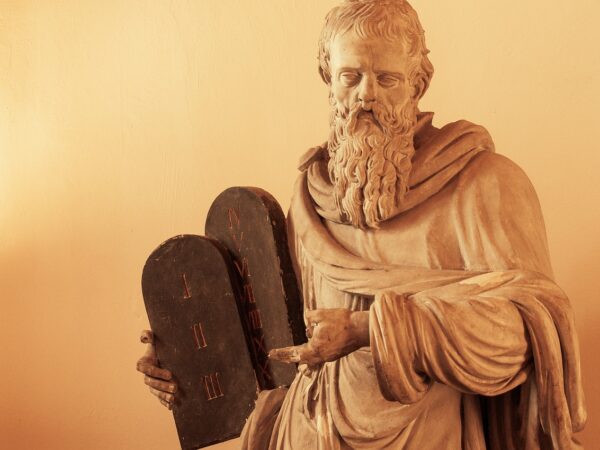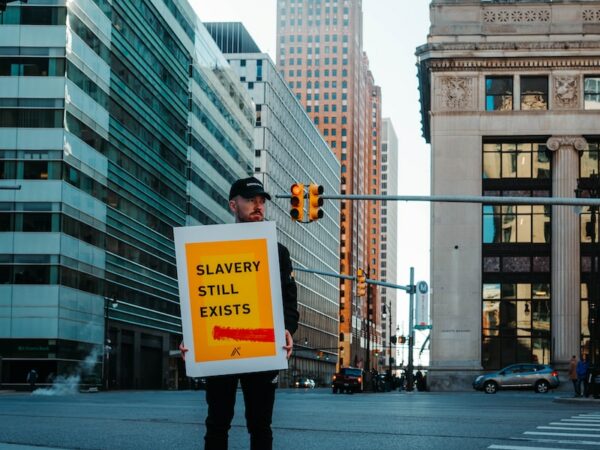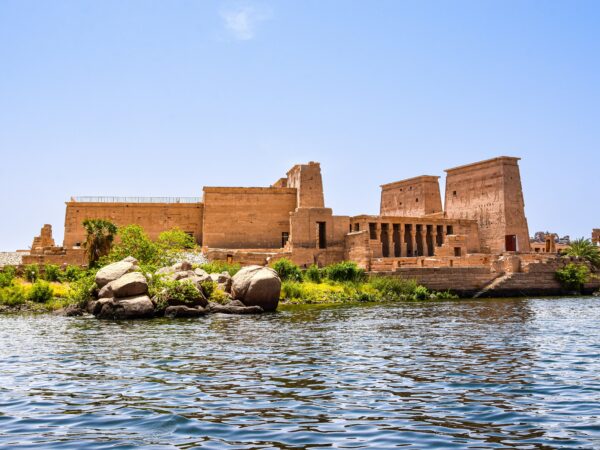
Those who commit dehumanizing acts of violence—whether through physical harm, abusive exploitation, or benign neglect—themselves become debased and subhuman, even as they sit in positions of power. Indeed, Micah puts this in sharp relief … where he depicts the corrupt “leaders and rulers” as ravenous animals who cannibalize those who the Lord has placed in their care.

Christian nationalism is a form of superstition. It is superstitious because, instead of appealing to the God of all nations, it appeals to a culturally fabricated God for cultural privilege, power, and benefits.

In this hymnic account of Jesus’ person and mission, his preference for and service to others becomes a paradigm for faithful human existence. God’s solidarity with the human race discloses the truth of both power and freedom.

If we are willing to listen to those standing around without work, however, a new possibility emerges. Why are they standing around without work? “Because no one has hired us,” they reply (Matthew 20:7). They aren’t lazy, they’re desperate enough to stand around all day waiting for work. The laborers are many; the jobs are few.

We all learn ways of negotiating life from our histories, families, religions, and our broader society. These passages suggest that some of what we learn can be deadly to our siblings and our neighbors, but we can explore different visions of God and abandon the toxic ways of thinking that are so often deeply embedded in our world.






